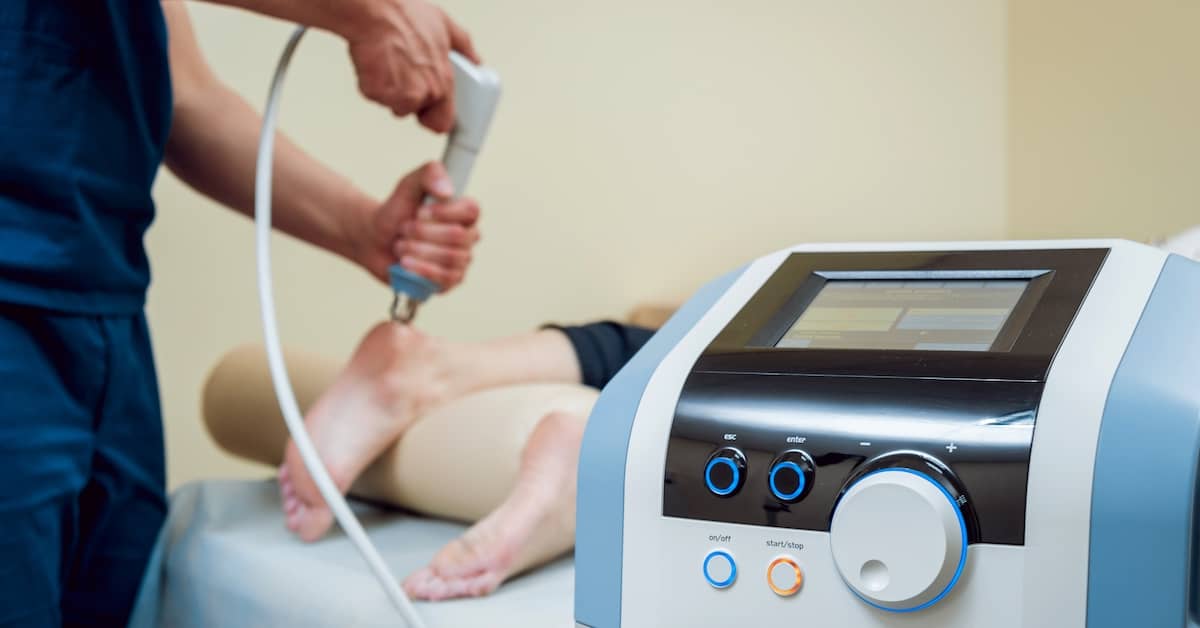
Improves Learning Ability
At the forefront of research is Joel Voss, assistant professor of medical social sciences at Northwestern University Feinberg School of Medicine. For their first experiment, his research team recruited 16 healthy men and women aged between 21 and 40. MRI scans recorded brain activity, and anatomical images were taken to identify the exact position of brain networks related to memory. This is necessary because location varies among individuals by as much as three-fourths of an inch. The researchers also tested each person’s memory by having them look at different human faces, seeing if they could remember the common word spoken to them with each picture. Following that, each patient received five consecutive days of high frequency repetitive TMS focused on brain regions associated with memory. Each session lasted 20 minutes. The volunteers then received another MRI scan and test of memory. A week later the procedure was repeated but with sham stimulation.Gets Different Brain Regions to “Play Together”
As Dr. Voss explained the results of the study, "They remembered more face-word pairings after the stimulation than before, which means their learning ability improved. That didn't happen for the placebo condition. "We show for the first time that you can specifically change memory functions of the brain in adults without surgery or drugs. This noninvasive stimulation improves the ability to learn new things. It has tremendous potential for treating memory disorders."1 Dr. Voss went on to say that it's also the first study to demonstrate that memory requires a collection of other brain regions to work together with the hippocampus, a key memory region of the brain. He likened the effect of TMS to an orchestra, where an average conductor is replaced with a highly talented one. "The brain regions played together better after the stimulation," he said. Having shown it's possible to improve memory with TMS, the next task was to find out what changes take place in the brain to bring about this improvement.Boosts Excitability
The Northwestern team's next study was similar to the first, but they changed the memory test to involve vision and spatial awareness. The volunteers were asked to recall the location of pictures in a grid as well as ones that were located next to each other. This type of test measures episodic memory, the kind that allows us to remember people, events, and other things we've encountered in our lives. The hippocampus plays a critical role in this type of memory formation. TMS treatment resulted in a memory boost, as in the previous experiment, but this time the researchers discovered why this occurred. The stimulation caused a substantial increase in brain excitability. Dr. Voss explains what this means: “If you think about the brain’s memory network as generating one unit of activity every time it tries to memorize a picture, brain stimulation made it so that now the same type of picture would generate two units of activity. “This increase in activity means that stimulation enhanced excitability, and that’s important because excitability is a marker for good memory formation. “The fact that we can use noninvasive stimulation to increase excitability in this targeted brain network means we’re making the network do more of what it naturally does to succeed at memory formation.”2 Another research group led by neuroscientist Mark Esposito at the University of California, Berkeley is also looking at ways to boost memory in this non-invasive way. But their TMS protocol only lasts for about 40 seconds. Last year they published research using this approach to show that by targeting hippocampal networks, the encoding of new memories can be improved.3 TMS also shows promise in Alzheimer's.Not Approved in the US
A number of studies have been carried out on TMS in the treatment of Alzheimer's disease. An Italian study concluded that it is "a promising, non-invasive treatment for memory dysfunction in patients at early stages of AD."4 A review of 12 studies published in the Journal of Neurological Sciences in March concluded that the procedure "can significantly improve cognitive ability in patients with mild to moderate AD."5 Although scientists caution that many more steps need to be taken before it can be confirmed as an effective clinical intervention, others in over 30 countries take a different view. A TMS device called NeuroAd is already approved for use in mild to moderate Alzheimer's disease in Europe, Australia and Israel. However, in late March the FDA panel voted unanimously not to approve it for this purpose, as they were not convinced it was effective.6 So it may be some years, if at all, before it becomes available to treat Alzheimer's in the US.- https://news.northwestern.edu/stories/2014/08/electric-current-to-brain-boosts-memory/
- https://news.northwestern.edu/stories/2018/august/brain-stimulation-memories/
- https://www.ncbi.nlm.nih.gov/pubmed/29916791
- https://www.ncbi.nlm.nih.gov/pubmed/29277405
- https://www.ncbi.nlm.nih.gov/pubmed/30735817
- https://www.medicaldesignandoutsourcing.com/fda-panel-neuronix-alzheimers-therapy-fails-to-prove-efficacy/
